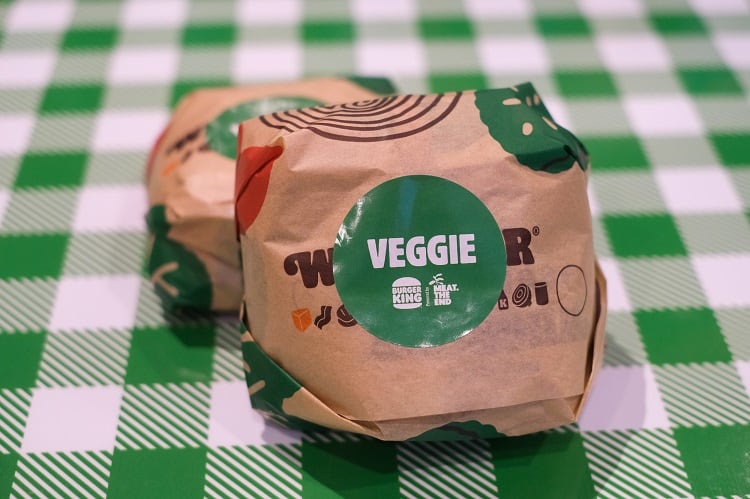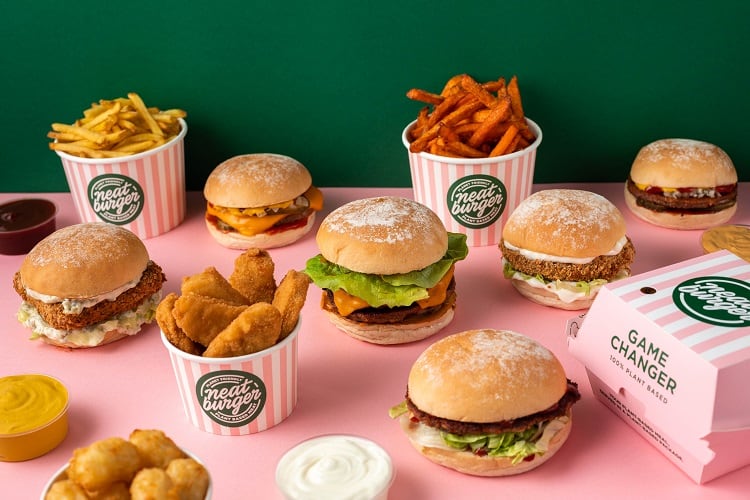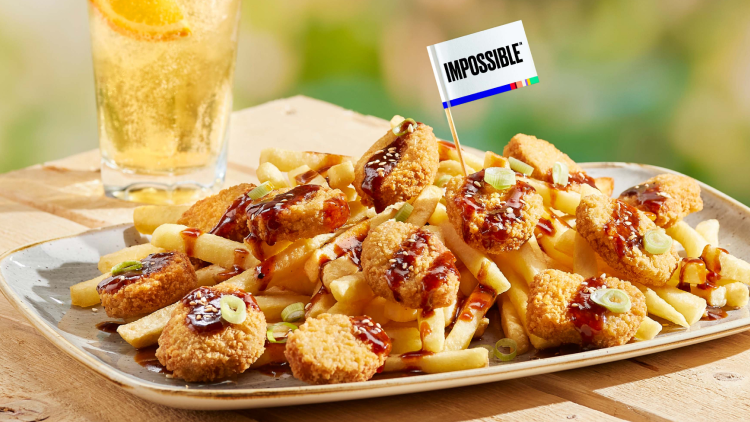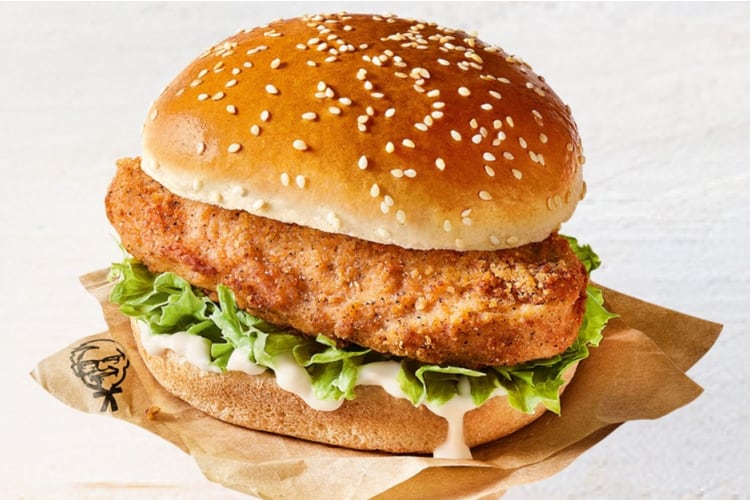Meat.The End (MTE) was founded in 2020. Less than three years on since its inception, the start-up is launching onto the market via a major collaboration with Burger King. As of last month, consumers have been able to purchase MTE Veggie Whoppers and Veggie Kings (plant-based nuggets) from Burger King restaurants in Israel.
According to MTE CEO Dr Yishai Mishor, it took less than a year for the start-up to develop both products for the QSR major. “We are proud to launch them in the first collaboration between an Israeli start-up and an international food giant.”
Soy-based Veggie Whopper and Veggie Kings
MTE takes texture seriously. Only when a meat analogue has the same chew and bite as its conventional counterpart will society observe a ‘massive transfer’ from animal protein to plant protein, the start-up believes.
The company is achieving this by ‘reinventing traditional extrusion’ of textured vegetable protein (TVP). And judging by the outcome of MTE’s trials with Burger King, its technology has paid off.
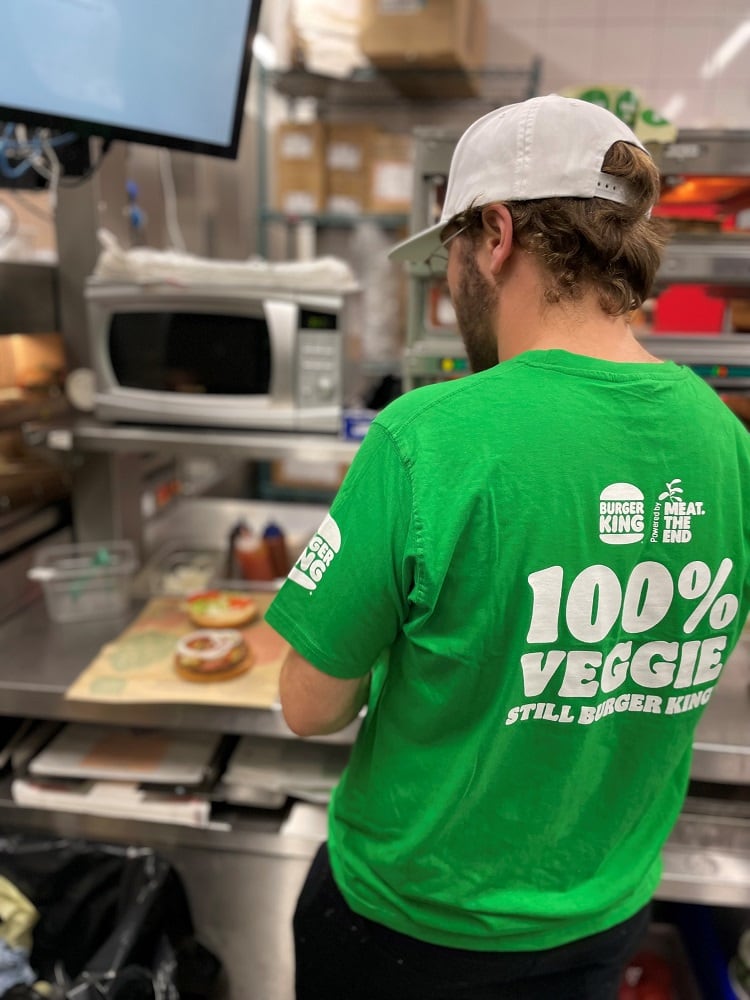
MTE developed its product demo in September last year. Less than a year later, Burger King was on the hunt for a plant-based meat alternative supplier for its Israel-based restaurants. Having sampled products from more than 20 companies, the QSR settled on MTE. “That was a really big moment,” Dr Mishor recalled.
Leveraging its unique technology, MTE then started ‘accelerated development’ of a Veggie Whopper, which, in mimicking the conventional Whopper, needed to be a certain size and texture. It wasn’t all about format, however. How the product is cooked also needed to be factored in. Whoppers are known for being ‘flame-grilled’, and Burger King has been open about its plant-based Whoppers being cooked on the same broiler to ‘deliver the same unique flame-grilled taste’.
The final products are co-branded soy-based Veggie Whopper and soy-based Veggie Nuggets, the latter which MTE describes as ‘crispy plant-based nugget bites’. The meat products will initially be sold exclusively in Israel at the same price as their meat counterparts in Burger King’s branches.
‘Scale is not a limitation’
On the occasion of the launch of the meat-alternative category, Burger King opened its first vegan pop-up in central Tel Aviv. Sales surpassed all expectation. “After two days, they ran out,” Dr Mishor told this publication.
“There were queues next to the restaurant, they had to start bringing products from other branches. That single pop-up sold the entire supply for an entire month, for the entire country.
“Compared to sales the week prior, when the restaurant sold meat, sales went up 110%.”
The vegan pop-up has been extended for an entire month. The Veggie Whopper and Veggie Kings are also available in regular Burger King stores across the country.
As to how the young start-up has scaled to be able to supply Burger King restaurants across the country, Dr Mishor told us scalability was etched into MTE’s mission statement from the beginning.
“I’m impressed by my colleagues from other start-ups that have five-to-ten-year solutions [in their pipelines],” he revealed, referencing technologies ranging from cultured meat to 3D printing. “But I was looking for something that would be relevant immediately for industrial scope.”
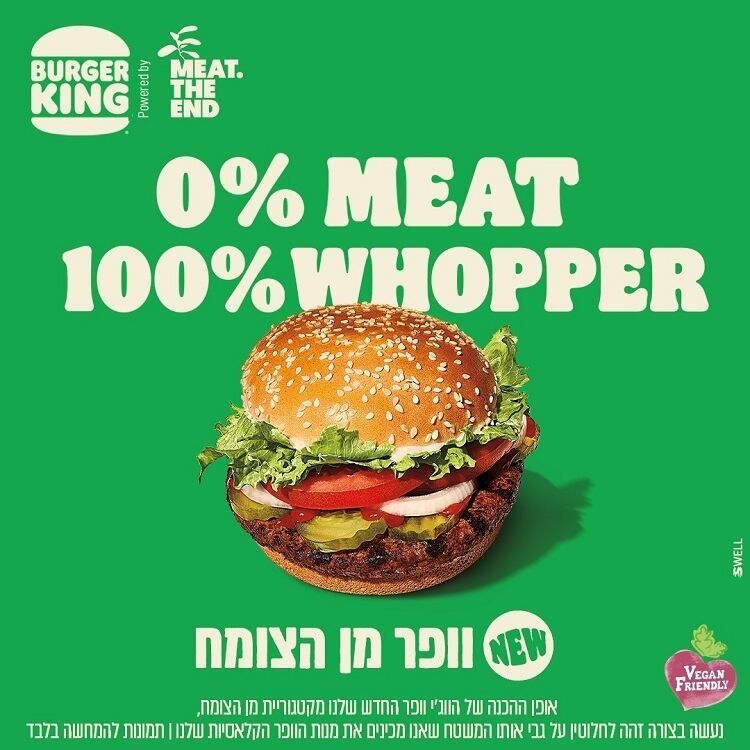
Dr Mishor continued: “I’m very proud that scale of production is not a limitation right now.”
MTE’s current production capacity stands at 4,000kg per day, but expects that to ‘increase dramatically’ in the future.
What’s next after QSR?
So what’s next for MTE? Well, now it has passed Burger King’s Quality Assurance (QA) globally, the start-up effectively has the green light to sell its products to Burger King restaurants around the world.
Dr Mishor suggested Burger King networks in other countries have already shown interest, but was tight-lipped about which specific geographies. The start-up is also eyeing other sales channels and is in conversations with retailers in Europe and Asia.
For MTE, encouraging consumers to swap from meat consumption to plants is the 'key to dealing with the climate crisis'. “I have no doubt that we are at the threshold of a revolution in the food industry that is defined by the transition to alternative protein, as we change to sustainable food consumption,” said Dr Mishor.


